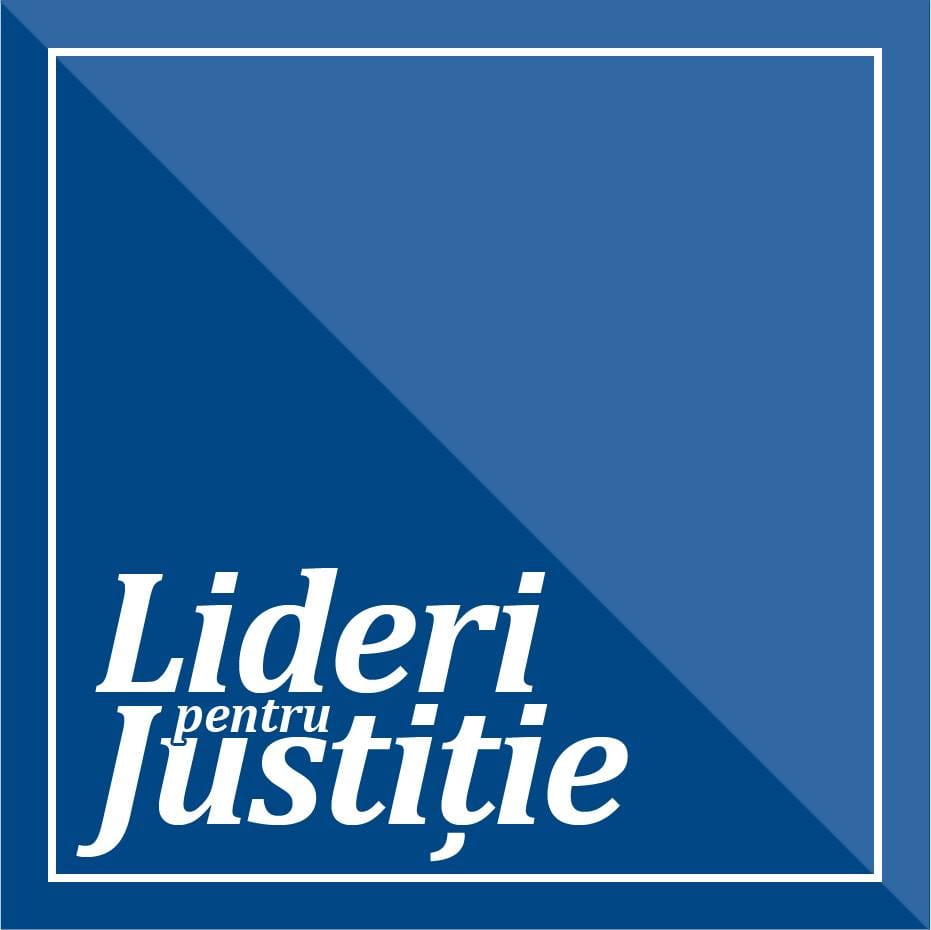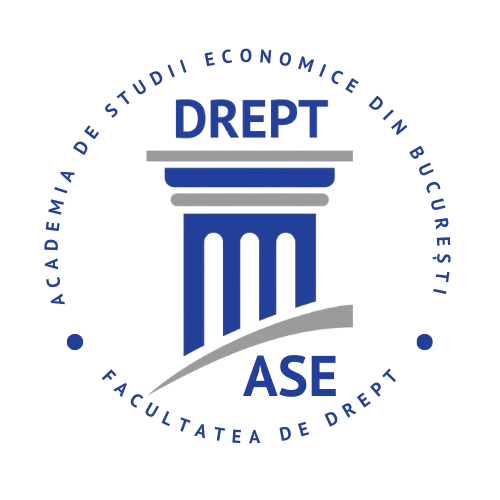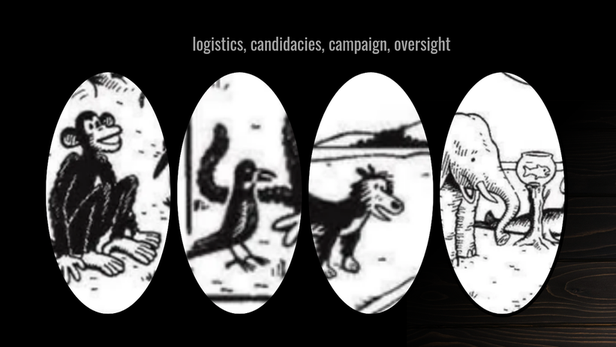presented on 29 Jan. 2008 at the Civil Society Forum/side event during CoSP 2
I was invited to speak about the flipside–a rather glorious account of whistleblower protection–in contrast with the struggle stories that we heard from Annie Geron and Djilali Hadjadj. I’ll confine my presentation to the Romanian experience, closely tied to the Advocacy and Legal Advice Center (ALAC) at the Romanian Chapter of Transparency International, speaking to you about three of our clients/cases. There’s a stark contrast between Romania’s very poor Corruption Perception Index of 3.7 and Romania’s ability to have transposed into domestic law more than 90% of UNCAC‘s provisions (both mandatory and non-mandatory). The three cases presented here speak of trust (in laws and institutions) as a possible explanation for that contrast. We started the ALAC in the fall of 2003, with financial support from the German Foreign Office.
One of the clients that came to our door early in 2004 was Cornel, a customs officer, whose story told about corruption and abuse on daily basis among his ranks and brass. At that time, any customs officer in Romania was perceived as the embodiment of corruption, so you can only imagine our amazement and disbelief at seeing a whistleblower coming from inside that “caste.” He’d already been suspended from active duty, in retaliation for his blowing the whistle internally, within his customs office. We quickly realized that no law would’ve protected Cornel, that he was definitely going to lose his job, but he agreed to join in our advocacy effort, to the benefit of others like him. As Romania was about to close accession negotiations to the European Union in 2004, and the Chapter on Justice and Home Affairs (JHA) was quite problematic, we identified our window of opportunity. The Ministry of Justice agreed to combine UNCAC provisions and JHA requirements, worked a little on our draft text, submitted the Bill to Parliament, and Law 571/2004 on whistleblower protection in the public sector came into being by 17 December.
In 2005, we secured funds from the Dutch Matra program to support a special focus on whistleblowers within our ALAC. You may remember Paul van Buitenen, the Dutch auditor in the Financial Control Department of the European Commission, who in 1998-99 single-handedly overthrew the Santer Commission on account of former Commissioner Edith Cresson. Little had we waited before 9 Romanian Buitenens knocked on our door–they were heads of units/departments at the National Institute of Administration (INA), the division in charge of training civil servants within the Ministry of Interior and Public Administration. Their story told of incompetence and abuse at the level of an under-minister, namely the adjunct director at INA. We’d advised them on securing their protection and seen them through the administrative and disciplinary procedures provided in Law 571–they all kept their jobs, while the under-minister was sacked (in spite of his political affiliation to the coalition already in power since the 2004 elections). In addition, please note that no harassment ensued for any of them: Nicoleta, one of the 9 Buitenens from 2005, advanced her career to currently being the head of the human resources department at the Chamber of Deputies–the lower house of the Romanian Parliament.
In 2006, while ALAC benefited from European Union Phare funds to focus on judicial proceedings, we succeeded to take some cases to court. Gabriela is a child-protection worker who blew the whistle on a case of child trafficking that involved one of her bosses at the child-protection agency. She’d lost her job in retaliation, but we took her case and assisted her through court proceedings under Law 571. She won the court case, was reinstated in her job, and the respective boss was subsequently fired. [We are still not sure what happened with that former boss of hers, but a criminal investigation did start inquiring into that child-trafficking network.] One additional success concerning Gabriela’s case is that the court granted her, in full accordance with provisions in Law 571, a 1-year extended protection on the job against potentially malevolent evaluations. As the yearly human resources evaluations usually take place during January-February, Gabriela is currently under protection, while next year, after the general elections, she’ll most probably have a new boss, with a different political affiliation and little interest in paybacks or retaliations.
Our ALAC experience tends to show that trust in the existing laws and institutions is paramount for yielding good results in terms of proper whistleblower protection. Cornel trusted us, back in 2004, and was brave enough to have left aside his job, his career, in order to help others. Nicoleta and her colleagues, in 2005, trusted the law to be on their side and fought their case under administrative and disciplinary procedures, seeing to their victory of fixing the institution from within. In 2006-07, Gabriela trusted the institutions of the court system, as well as the law, setting a wonderful precedent in Romanian jurisprudence–while justice in this country is not bound by previous cases, judges do read through previous files on similar legal matters. However, not all is rosy here–trust in laws and institutions builds on active information and awareness; in contrast, not all public institutions in Romania had informed their employees and civil servants about the provisions of the Law 571/2004 on whistleblower protection in the public sector 🙁 Hence, the stark contrast perpetuates between the glorious but unsung reality of these three cases, and Romania’s incredibly poor CPI of 3.7, just about half the average of the European Union.
Note:
During the questions and answers session that followed the panel presentations, Sion Assidon asked about the protection of other anti-corruption activists. My answer went beyond the provisions of the Romanian law and, possibly, beyond those of UNCAC, as I believe that, if whistleblowers were “criminals” (as most public officials see them), then anti-corruption activists are instigators, accomplices or accessories to the same “crime”–naively, then, the same legal provisions should be applicable, with respect to both their obligations and rights, including their protection regime. For details, see the Declaration to protect anti-corruption advocates adopted by the Coalition of Civil Society Friends of the UNCAC on 2 Feb. 2008.






